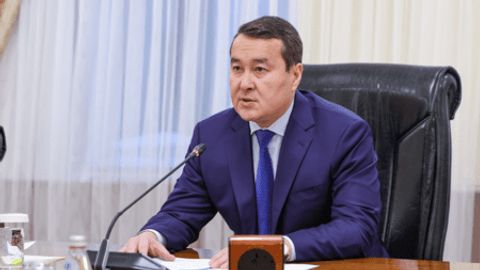Uzbekistan grants first cryptocurrency mining permit to NexaGrid
14:00 / 21.02.2026
Uzbekistan’s Karakalpakstan targets $5bn in investment for AI and cloud expansion
13:03 / 21.02.2026
Uzbekistan repatriates citizens from Russia, Montenegro and Sri Lanka amid migration, employment disputes
11:30 / 21.02.2026
Uzbekistan targets $900mn exports in Karakalpakstan under development plan
10:00 / 21.02.2026
Kazakhstan commits to Gaza reconstruction and expands U.S. economic partnerships during Washington visit
21:25 / 20.02.2026
Recommendations
Menu
Good news:
Tags
Grow your business with us
Advertise on Daryo.uzIndividual approach and exclusive materials
Ad-free site readingSubscribe
25 000 sum per month






Comments
To leave a comment, first